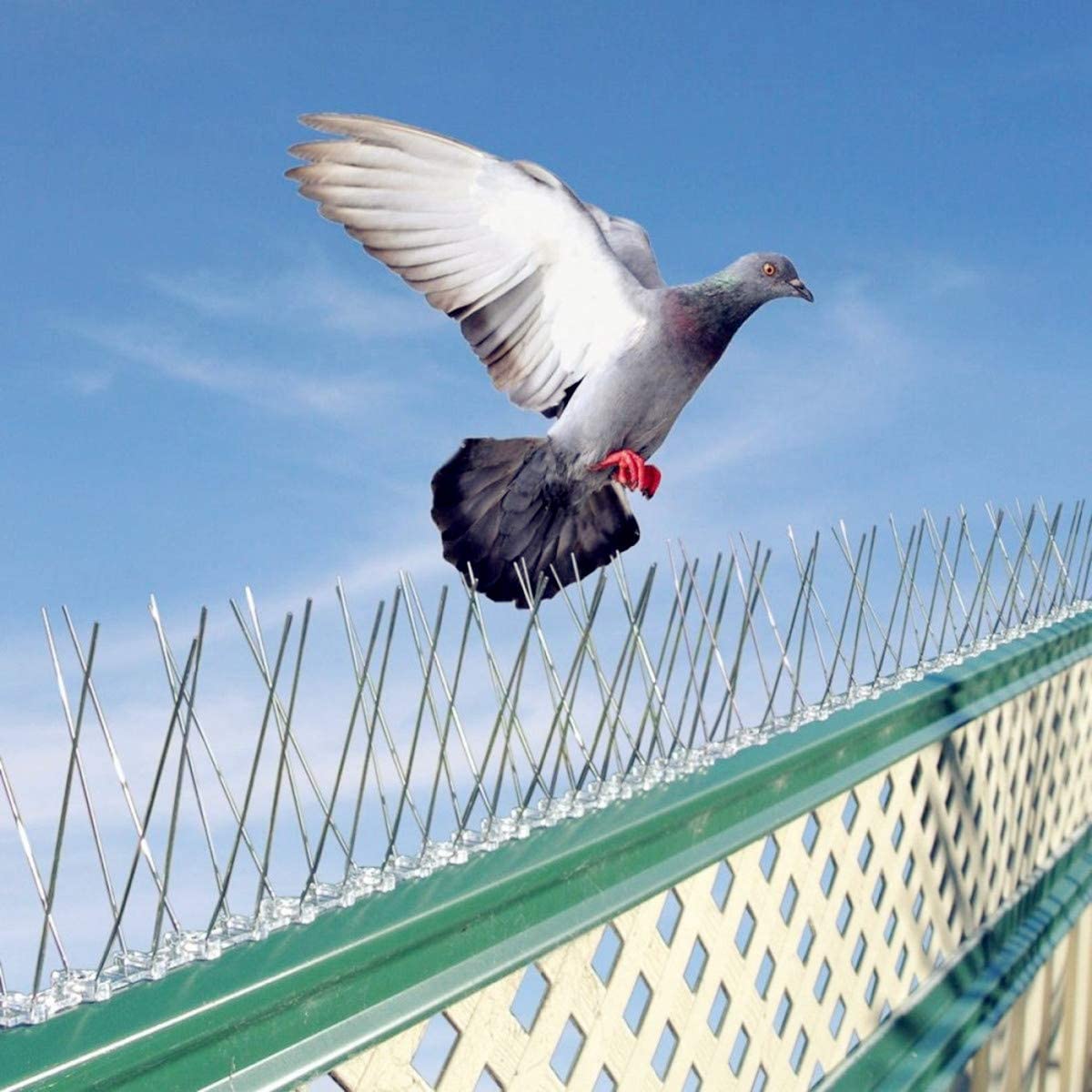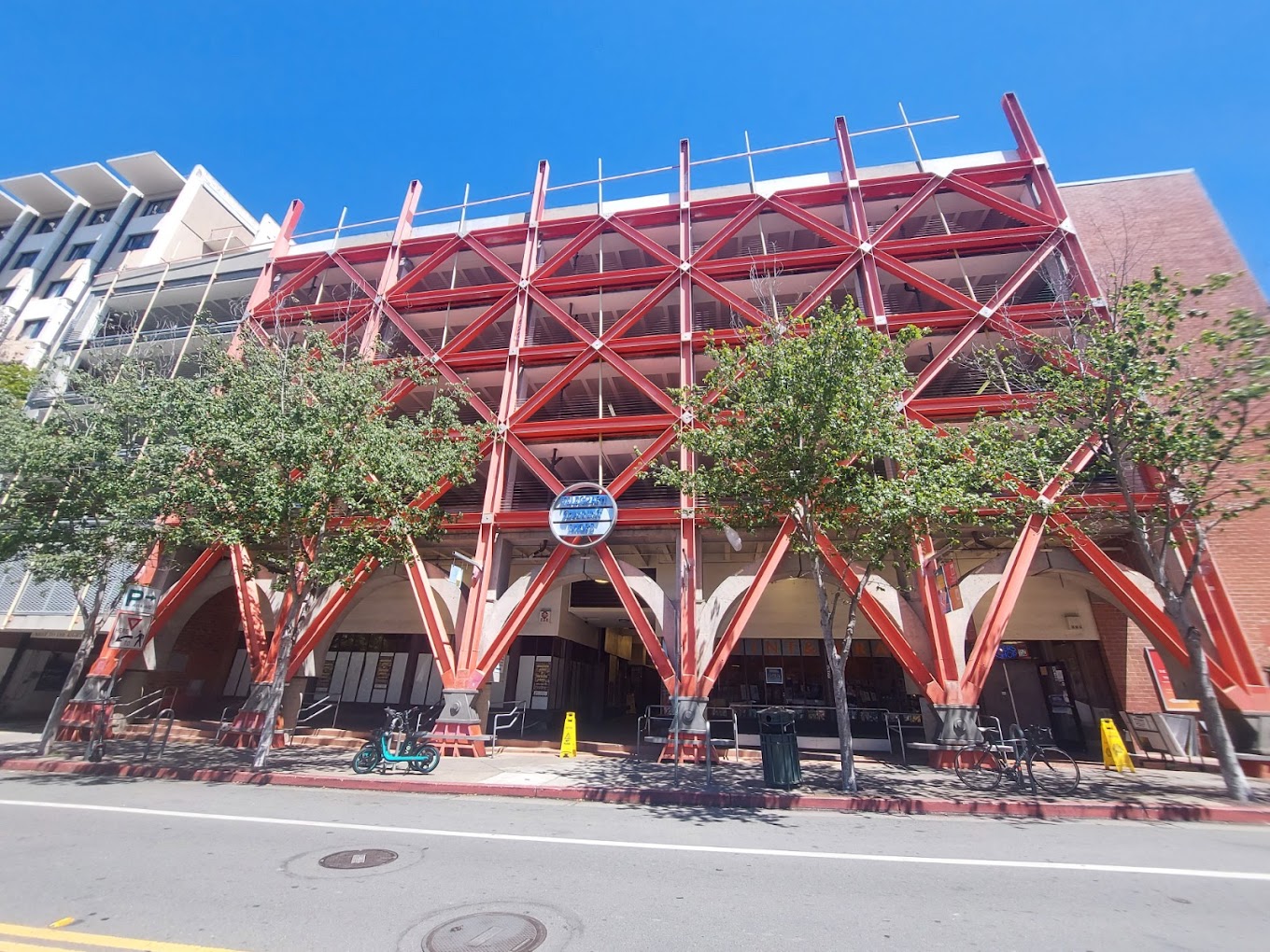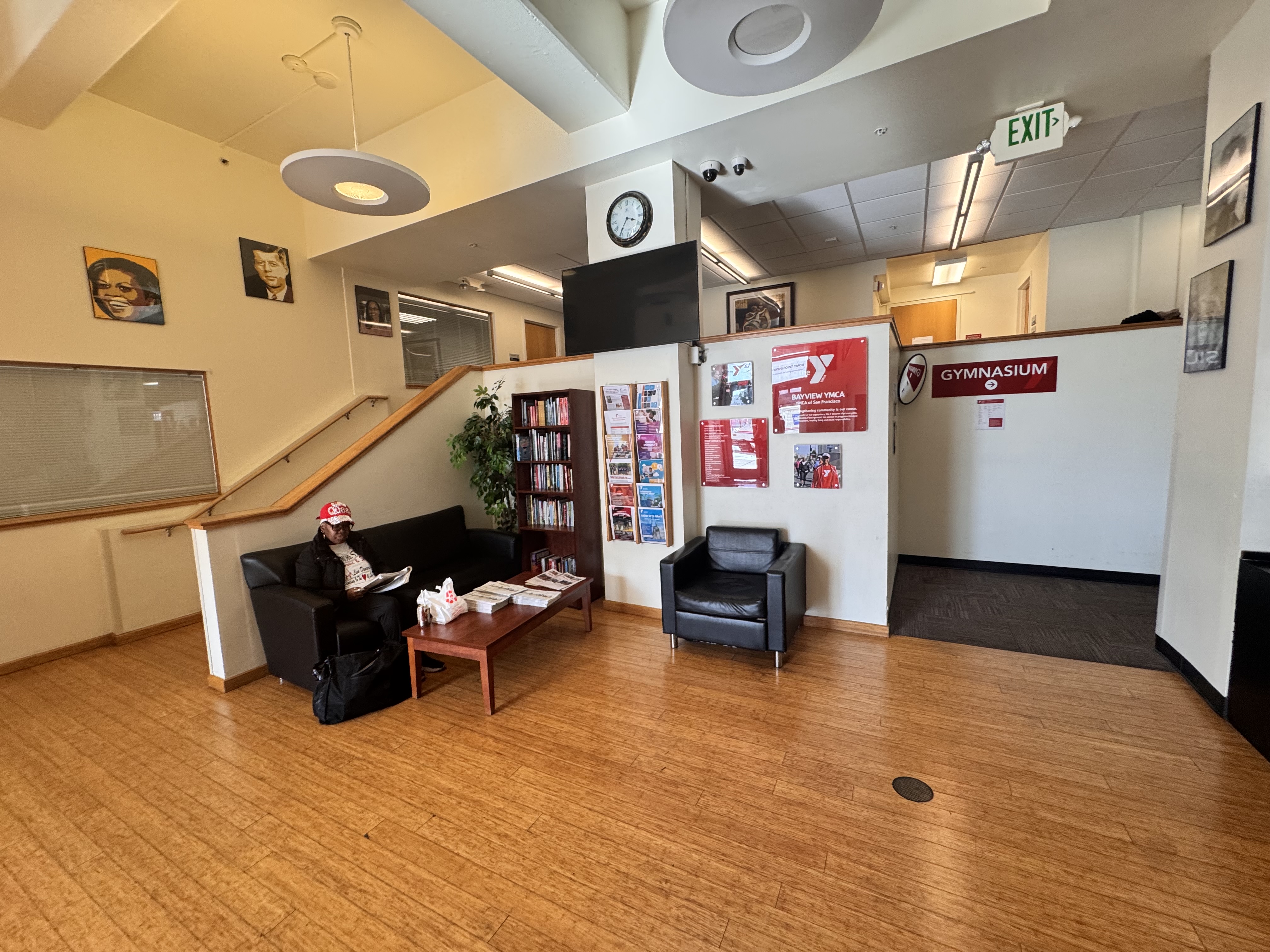Pigeon Roosting Mitigation - Telegraph-Channing Garage, Berkeley
The Pigeon Roosting Mitigation Project at the Telegraph-Channing Garage in Berkeley aims to transform how urban spaces interact with wildlife, specifically pigeons. This initiative, spearheaded in collaboration with the City of Berkeley's Public Works Department, embraces humane and sustainable approaches to mitigate pigeon roosting, addressing a common yet often poorly managed urban issue.
Our project recognizes that pigeon activity leads to significant challenges—including structural damage, unsanitary conditions, and high maintenance costs. Historically, solutions like spikes, nets, and chemical deterrents have been deployed with varying success, but these methods often lack compassion and long-term efficacy. Instead, we are investigating innovative solutions that prioritize coexistence with urban wildlife while ensuring the functionality and cleanliness of public spaces.
Project Presentation Publication
Below is an interactive presentation of the project. You can view the default presentation PDF below, or upload your own PDF to interact with it directly on this page:
Our team has worked on three primary solutions to tackle this problem effectively:
Solution 1: Bird Deterrent Spikes
We propose replacing the outdated electric shock system with bird deterrent spikes on all ledges and surfaces. Bird spikes are an effective and low-maintenance solution that prevents pigeons from roosting. By covering these surfaces, we aim to significantly reduce droppings and maintenance costs by preventing pigeons from landing on these areas.

Solution 2: Reinforced Netting for Key Areas
To block pigeons from accessing interior areas of the garage, particularly the first four north-facing levels, we recommend replacing the existing nylon netting with galvanized steel netting. Steel netting is more durable and effective for high-traffic areas where pigeons frequently gather. This solution offers a strong, long-lasting barrier to keep pigeons out.

Solution 3: Ultrasonic Predator Deterrent System
We also plan to install an ultrasonic predator deterrent system that emits high-frequency sounds uncomfortable for pigeons but inaudible to humans. The system will be deployed on the roof and within the fenced gutter on the east side of the garage. This innovative approach offers a non-intrusive way to deter pigeons from these difficult-to-reach areas, complementing the spikes and netting installations.

"Our goal is to create a paradigm shift in urban pest control—moving away from adversarial approaches and towards solutions that harmonize with nature."
Through community engagement, our project ensures that the solutions align with both city needs and public values. We actively collaborate with local residents and stakeholders to foster a shared vision for a cleaner, more welcoming urban environment. One of our primary objectives is to reduce the $20,000 annual maintenance costs associated with cleaning and repairs while creating an infrastructure that is aesthetically pleasing and operationally efficient.
Community Collaboration: Working closely with Berkeley residents, we gather insights and feedback that inform our strategies, ensuring that the final implementations serve both the community and wildlife ethically.
The vision of this project transcends pigeon control—it represents a future where cities and wildlife can coexist in balance. By embracing empathy and innovation, we aim to set a new benchmark for how urban environments can integrate humane wildlife management into their infrastructure, transforming challenges into opportunities for smarter, more compassionate city design.


